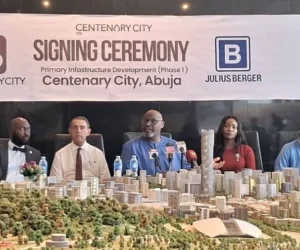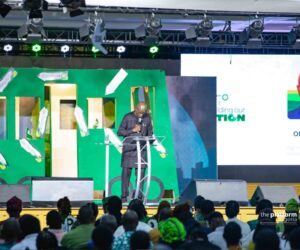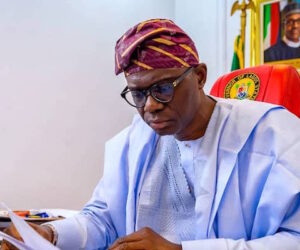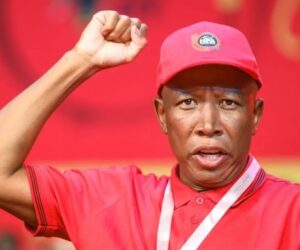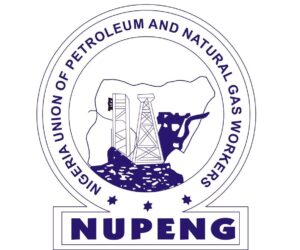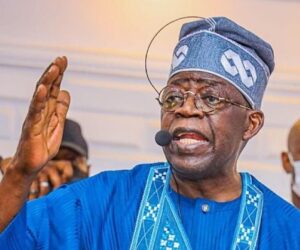
Current affairs analyst and Professor of Communications at Baze University, Abuja, Abiodun Adeniyi, says Nigeria’s 65 years of independence reflect a slow but incomplete journey of nation building, with corruption and poor governance standing as the greatest obstacles to progress.
Reflecting on Nigeria’s independence anniversary during an interview with ARISE News on Friday, Prof. Adeniyi rejected the notion that the country’s project has become more difficult, stressing that nation building is a gradual, continuous process.
“Nation building is a work in progress. We have seen nations across the world steady their gait, moving from grass to grace. In our situation, I would say we are just in the middle. We still have some way to go. We know there are countries that were once at par with us in 1960 that have gone far ahead. That does not suggest regression, but a slower pace. We need to hasten our pace to meet the yearnings and aspirations of the people and the dreams of our forebears.”
The professor noted that successive administrations – both military and civilian – had delivered mixed results, but the country’s inability to deal decisively with corruption had become a long-standing impediment.
“There are so many areas in which we can see merits and demerits. Each administration has had its pluses and minuses. Sometimes military administrations introduced reforms that are still commendable, and democratic governments have also recorded achievements. But there are big elephants in the room that we have ignored for too long. Corruption is one of them, and it has been a major impediment to our progress. We need to deal with it.”
Speaking on Nigeria’s unity, Adeniyi argued that diversity itself is not the problem but the failure of leadership to harness it constructively.
“There is no nation that is completely homogenous, neither is there one that is completely heterogeneous. What matters is the mechanism you put in place to build unity, and the conduct of leaders not to remind citizens of their differences. These measures may be intangible, but they are things we need to creatively work on every day, putting our hands on them to hold the country together.”
On industrial disputes, Adeniyi also weighed in on the strike threat by oil workers at the Dangote Refinery, describing the $20 billion facility as a monumental investment that requires stability and encouragement rather than disruption.
“It was very difficult for me to take that workers in a private organisation, particularly one that is relatively new and landmark in its investment, would be embroiled in such a crisis.
“We are talking about $20 billion invested in a very difficult sector where government has failed over many years. Such an investor needs encouragement, not disruption. I am, however, consoled that government intervened to broker peace, though the truce is not yet conclusive.”
He urged both the refinery management and the workers’ union to find common ground, warning against actions that could threaten a vital national project.
“This is a business person with consequential experience and mega companies. The strategies that worked in his other ventures can be applied here. Criticism and union activism can be constructive, but when they become destructive, it does no good to anyone. Considering how vital this refinery is to the survival of the system, disruption should not be an option.”
Turning to international affairs, Adeniyi expressed concern about US President Donald Trump’s ultimatum to Hamas over Gaza, warning that such high-handed diplomacy could worsen conflict and spill over into global insecurity.
“People react from their own corners to conflicts they feel pained about, leading to retaliatory attacks elsewhere. That is why peace must prevail in Gaza, or there will be a domino effect globally, as we saw with the Manchester synagogue attack. It is a call on the so-called superpowers to moderate, and not to be too disrespectful of multilateral organisations that are elevated above warring parties.”
On domestic developments, Adeniyi welcomed the unveiling of the newly renovated National Theatre in Lagos, now renamed after Nobel laureate Wole Soyinka, but cautioned that without proper maintenance, the cultural landmark could once again fall into disrepair.
“The National Theatre is a monument. Its history dates back to 1977, and for decades it was left to dilapidate. Renovating and renaming it after an icon is commendable, but without maintenance, even a newly renovated structure will decay.
“Maintenance is very important. Across the world, you find castles and monuments over a thousand years old still standing because they are maintained. What we have lacked is a maintenance culture, and this renovation should be a call to change that.”
Prof. Adeniyi concluded that for Nigeria to truly achieve the dreams of independence, the country must prioritise good governance, fight corruption, maintain infrastructure, and build inclusive leadership that unites its people.
Boluwatife Enome
Follow us on:


